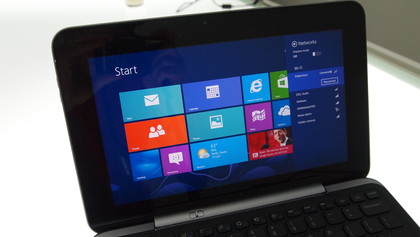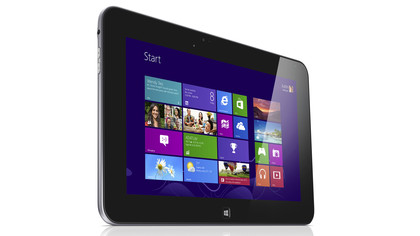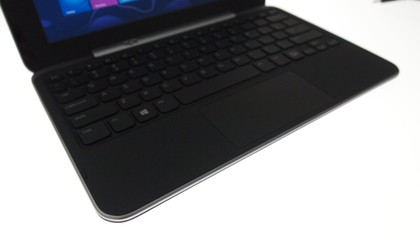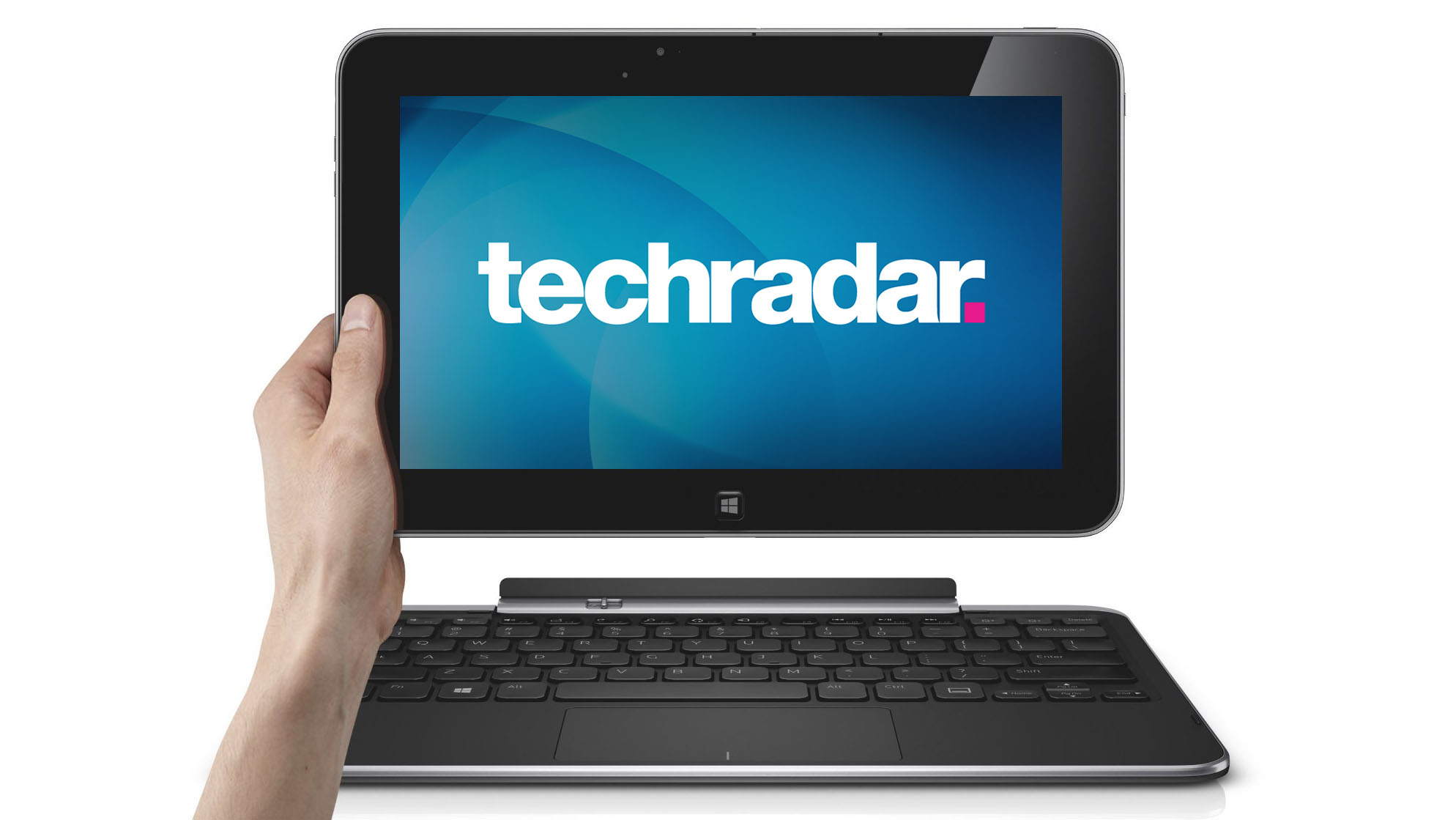Why you can trust TechRadar
Snapdragon chips have enjoyed a decent ride over the last year, and performance in the SunSpider Java test was adequate, if unspectacular. However, we aren't totally enamoured with this benchmark, since it's specifically designed as a test of the browser, so we're going to be slightly more anecdotal in our criticism of the Dell XPS 10 and Windows RT in general.
Firstly, the loading time for apps was frustratingly slow, and we were continually asked to wait at splash screens even for frequently used ones. We're not sure whether Windows RT looks for online information before loading the app, or it just takes an age for the Snapdragon processor to load it from the hard drive, but it's absurdly slow.
The second complaint is less about performance but more about reliability. During our week with the device, we suffered numerous hard crashes of Windows RT requiring a system reboot, which took even longer due to Windows collecting information.

We also had issues with the keyboard dock refusing to register after a couple of hot-swaps mid-document, again requiring a restart.
When it works it's seamless, which makes us think niggles with Windows RT are holding the Dell back.
Benchmarks
Battery: 630 mins (1110 mins with dock)
SunSpider: 1048.1
Peacekeeper: 188
Where we would usually use 3D Mark to test a Windows machine, we were forced to use PeaceKeeper to access the grunt of the graphics part of the Snapdragon S4 chip in the Dell XPS 10. We weren't expecting much, and as predicted, the average score of 188 put it in the relegation places in the tablet league table.
Microsoft Surface RT vastly outperforms it, and the results show that Tegra 3-based Windows machines fare better than their Qualcomm brethren.

We looped HD video easily - more on that in a moment - but with such lagging numbers we're concerned at how far gaming could be pushed on such a Windows RT device. Of course, with such a poor selection of titles available on Windows Store at the moment, this shouldn't pose an immediate problem.
So far we've given the Dell XPS 10, and Windows RT, a bit of a slamming. Combine our thoughts with the recent stories about RT's future, and you'd be forgiven for steering well clear of this obvious donkey.
Well, there's one factor that we believe shouldn't only save Windows RT, but should also be a key consideration going forward.

Battery life has been a standout of most Windows RT machines, and the Microsoft Surface RT enjoyed a whopping 10 hours away from the mains, but the Dell XPS 10 offers double this, making it the single longest-lasting hybrid device we have ever reviewed.
We employed a normal looping HD video test, which is standard for machines with mobile processors, and the tablet lasted 10.5 hours - a monster battery score. Let's put that in context: we started watching a video when we went to bed, and when we woke up it was still going.
While that's impressive enough, it gets better still. The second battery in the keyboard dock offers another eight hours, giving an overall total of 18.5 hours of HD video playback.
